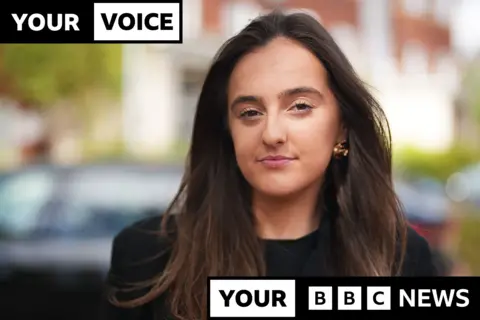 BBC
BBCThe number of 16-24 year olds in England reporting symptoms of obsessive compulsive disorder, or OCD, has more than tripled in a decade, BBC analysis of NHS data has found.
The…
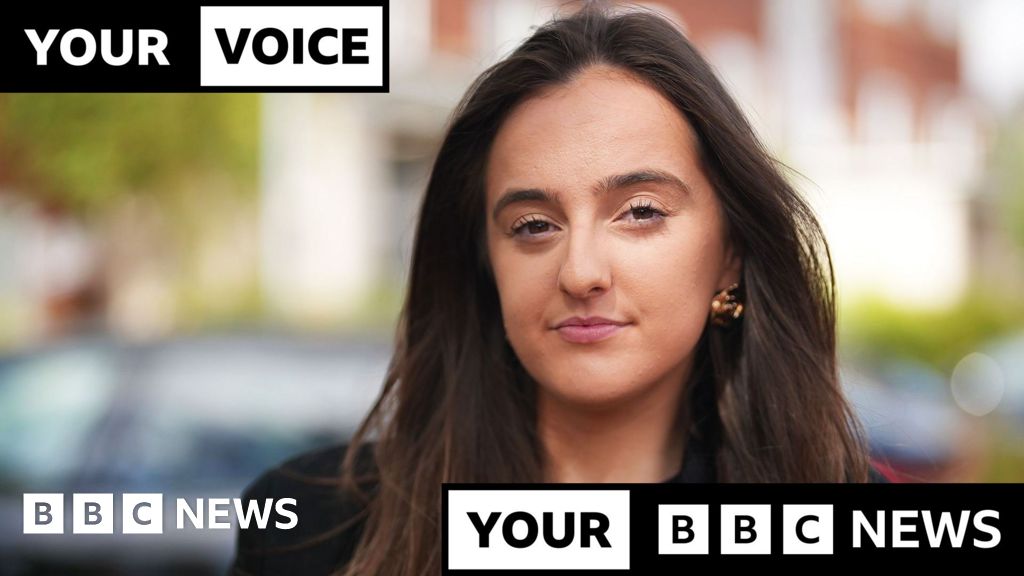
 BBC
BBCThe number of 16-24 year olds in England reporting symptoms of obsessive compulsive disorder, or OCD, has more than tripled in a decade, BBC analysis of NHS data has found.
The…
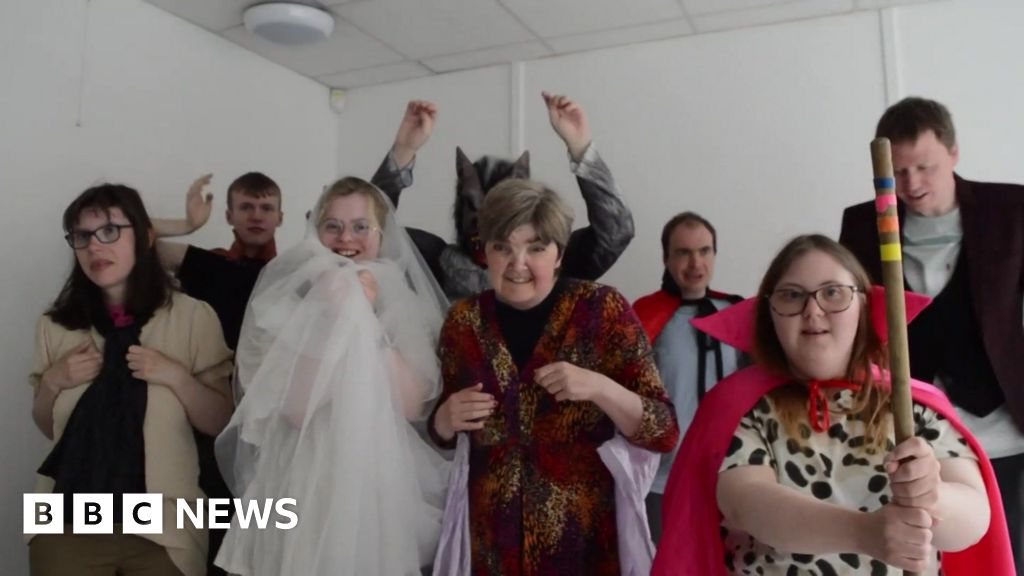
Alison FreemanNorth East and Cumbria
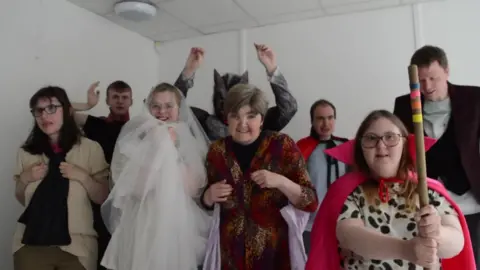 BBC
BBCFilms giving people with learning disabilities a “time to shine” are to be celebrated at an awards ceremony.
The third annual…
6:00 a.m. EST
Slowly but surely, the group begins to make moves toward our gate. Dispirited by the length of the line for the elevators, we opt to carry our suitcases down the stairs—a grave mistake. We really need to start working out more….
This request seems a bit unusual, so we need to confirm that you’re human. Please press and hold the button until it turns completely green. Thank you for your cooperation!
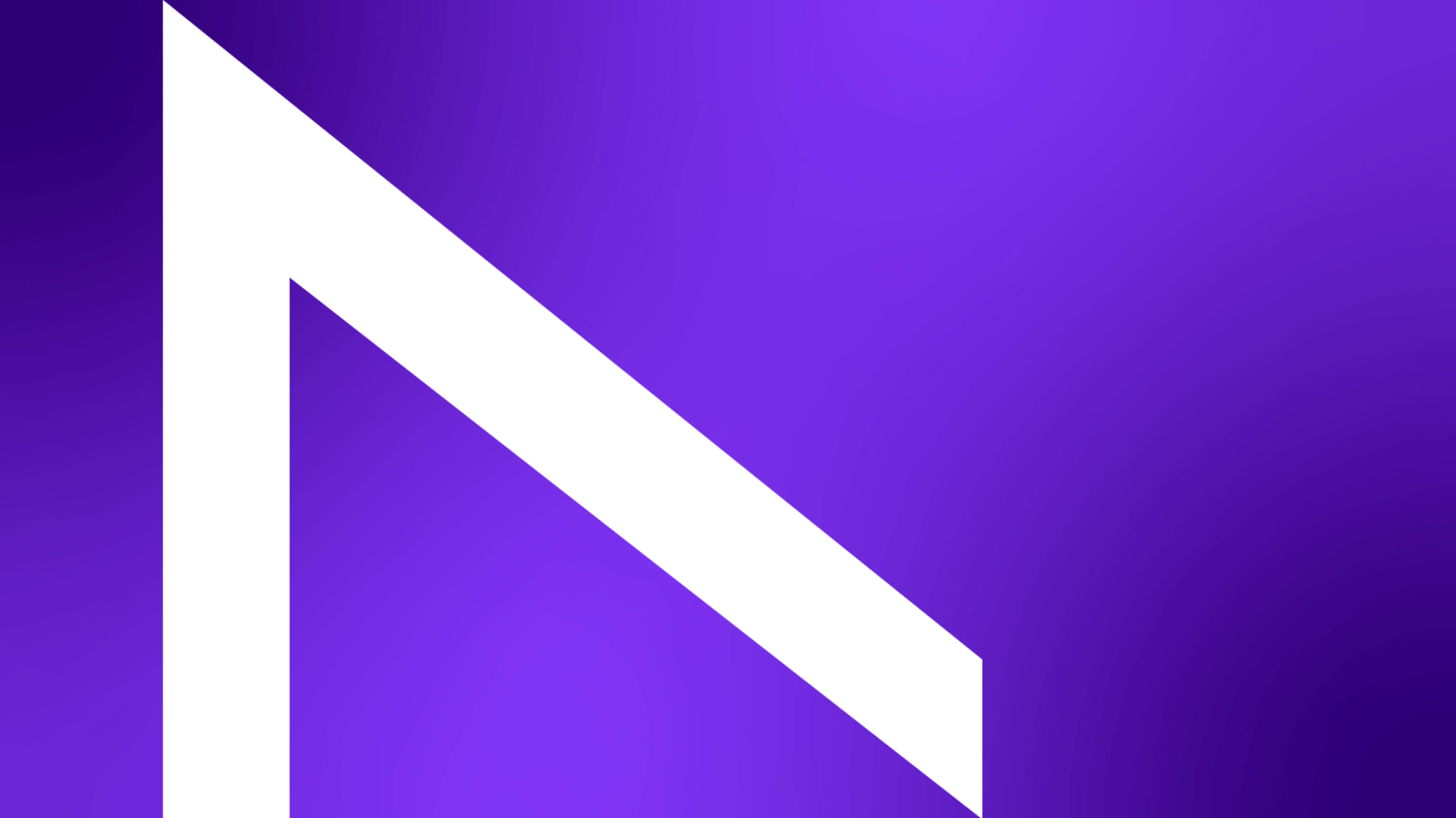
At Nokia, we create technology that helps the world act together.
As a B2B technology innovation leader, we are pioneering networks that sense, think and act by leveraging our work across mobile, fixed and cloud networks. In addition, we create value with intellectual property and long-term research, led by the award-winning Nokia Bell Labs, which is celebrating 100 years of innovation.
With truly open architectures that seamlessly integrate into any ecosystem, our high-performance networks create new opportunities for monetization and scale. Service providers, enterprises and partners worldwide trust Nokia to deliver secure, reliable and sustainable networks today – and work with us to create the digital services and applications of the future
';
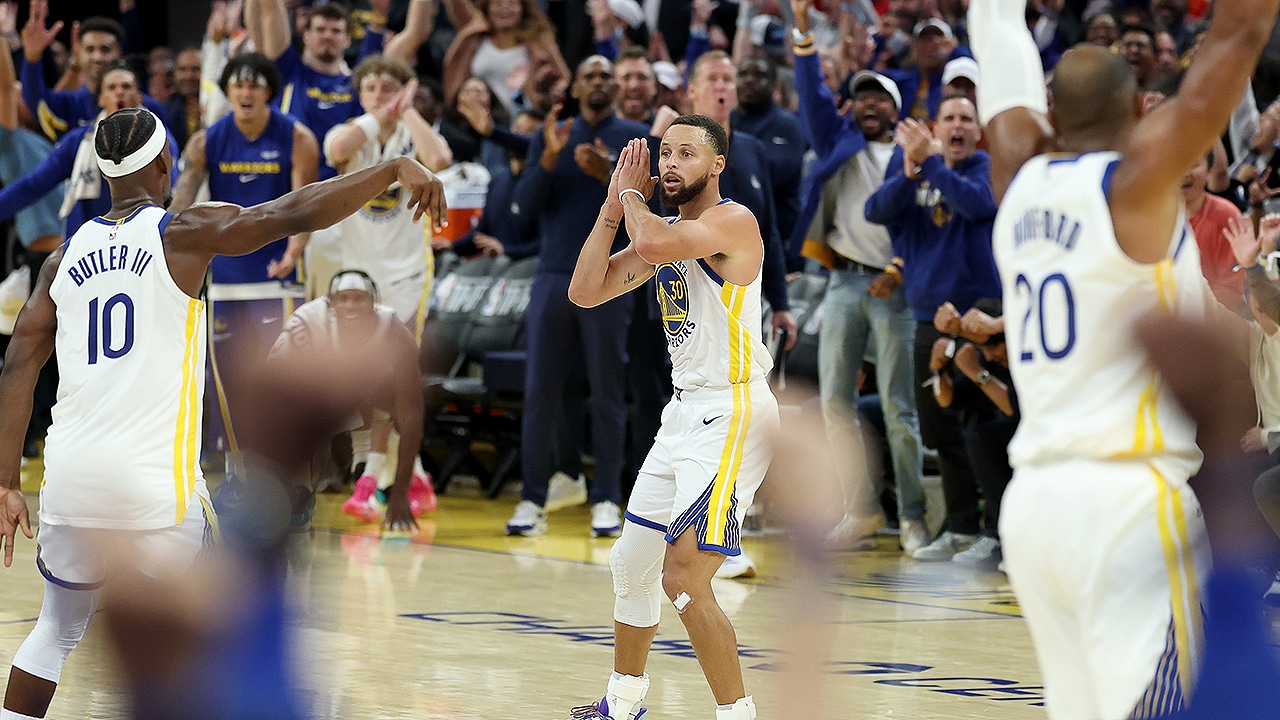
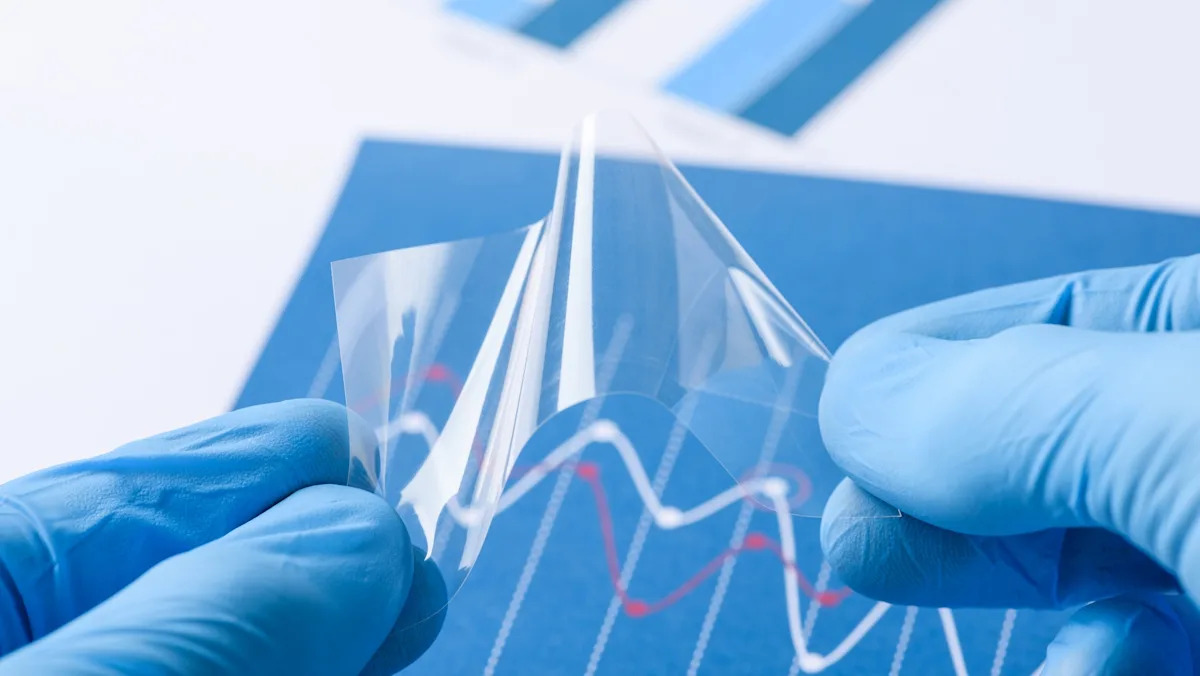
Researchers at Niigata University in Japan have developed a transparent film that’s an exceptionally efficient and stable photoanode, which could aid in advancing solar-driven water splitting to create hydrogen.
A report shared by TechXplore…
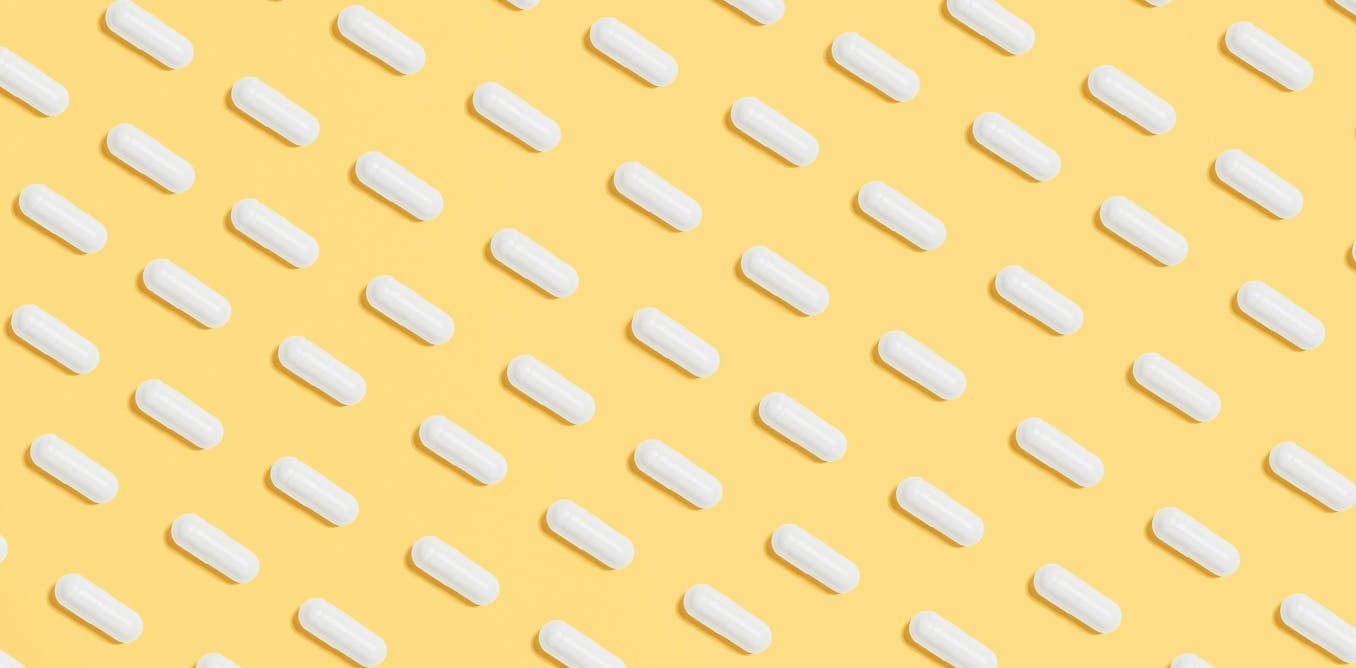
Unlike in the United States and New Zealand, it’s illegal in Australia to advertise prescription medicines directly to the public.
The main idea is to avoid demand for a drug that may not be appropriate, but which doctors may feel under pressure to prescribe.
But drug companies can get around this restriction by running “awareness” ads that indirectly promote their products.
For instance, we’re currently seeing ads raising awareness about weight loss that don’t mention the names of specific Ozempic-style drugs. Instead, these ads recommend you speak to your doctor about your weight.
The main argument for such awareness ads is they encourage people to seek help from their doctor, rather than suffer from symptoms they might have been embarrassed about, or have not been able to address themselves.
For instance, Novo Nordisk and Eli Lilly – which make weight-loss drugs – told the ABC recently their campaigns were trying to raise awareness of obesity as a chronic disease.
The main counterargument is that awareness ads act as drug promotion in disguise.
So, should pharmaceutical companies be allowed to run awareness ads for diseases or conditions their drugs treat?
We asked five experts. Four out of five said no. Here are their detailed answers.